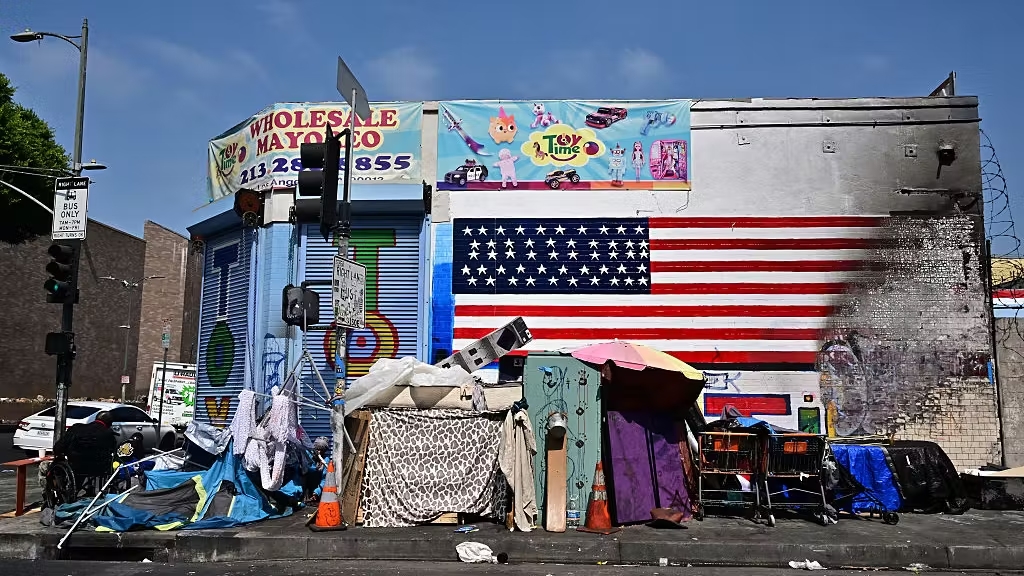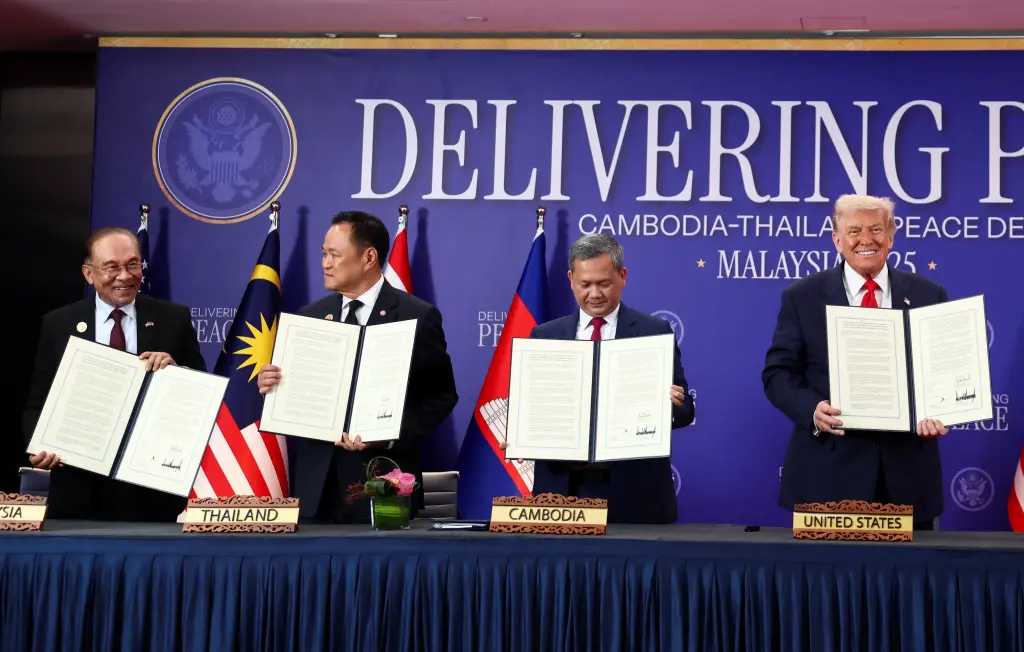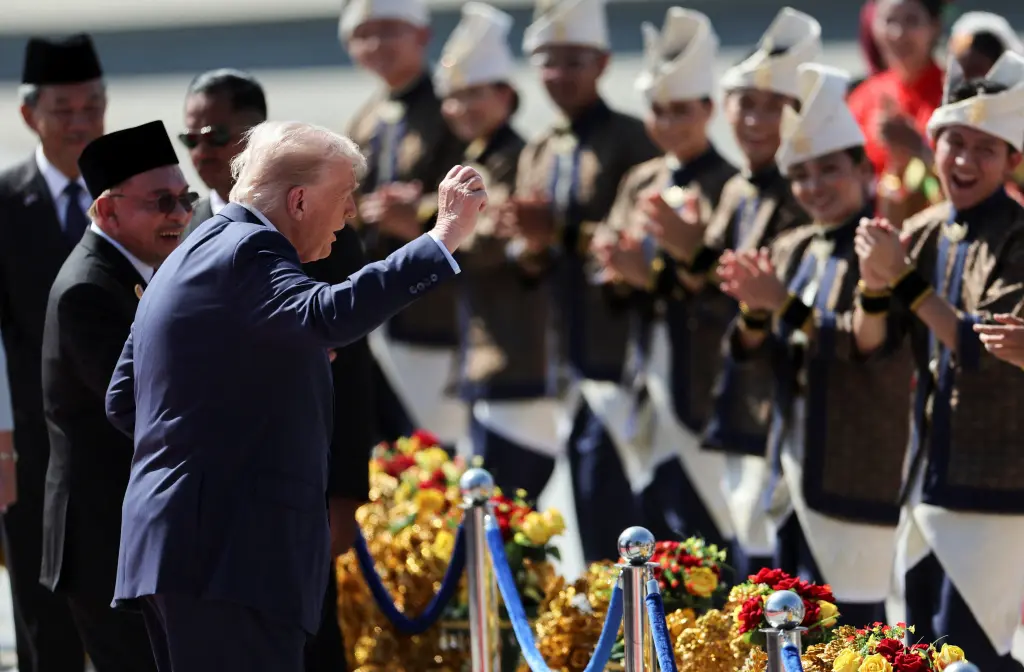Conservative watchdog Capital Research Center (CRC) released a damning report last week, accusing a network of leftist organizations of exploiting America's homelessness crisis to push “Marxist, anti-capitalist, or anti-American ideologies.” According to CRC, these groups are part of what it calls the "Homelessness Industrial Complex," which advocates for policies that fail to address the root causes of homelessness but instead fuel political and ideological warfare.
“Many of these groups have shifted away from directly helping the homeless to political activism,” said CRC President Scott Walter. “Some have gotten seriously radical.” The report paints a picture of organizations using the plight of the homeless as a political tool, exacerbating the crisis rather than solving it.
CRC's investigation highlights several organizations that, while claiming to address homelessness, also push extreme leftist ideologies. For instance, the National Harm Reduction Coalition, which has received significant government funding, has supported defunding the police and encouraged drug use with the message that “whatever drugs you use, we want you to be safe and healthy.” This, CRC argues, undermines genuine efforts to tackle addiction and homelessness.
Similarly, the Center for Constitutional Rights, which joined the amicus brief in last year's Grants Pass v. Johnson case, opposes enforcing city ordinances against homeless individuals. In a bizarre twist, the group also defended Hamas’ terrorist attack on Israel, claiming Palestinian fighters had a right to carry out attacks on military targets.
The Western Regional Advocacy Project, which also signed onto the amicus brief, pushes anti-capitalist rhetoric and even advocates for abolishing the police. Executive Director Paul Boden has called the Trump administration’s policies “neoliberal fascism,” further fueling political polarization while ignoring the real crisis facing the homeless.
Walter argues that groups like these don’t want to see fewer homeless people; they need the issue to remain unresolved to keep their political message alive. "If that’s what you’re doing, you don’t want there to be fewer homeless people. You want their suffering as vivid and widespread as possible," he said, pointing out that providing actual help to the homeless would undermine their narrative.
Meanwhile, some far-left groups, like the Autonomous Tenants Union Network, openly call for a world without landlords or rent, pushing Marxist principles and undermining efforts to provide affordable housing solutions.
Christopher Rufo, who co-authored the report, warns that the rhetoric of "housing is a human right" and "abolish homelessness" is nothing but a smokescreen. Behind it, he claims, lies a network of interests intent on expanding bureaucracies, dismantling enforcement, and keeping funding flowing into ineffective activism, rather than addressing the real needs of the homeless.
While leftist groups continue to push their ideologies, the Trump administration has sought a different approach, focusing on law enforcement and rehabilitation. In July, President Trump signed an executive order to move homeless individuals into long-term care facilities and to redirect federal funds toward "Effective Methods of Addressing Homelessness." The order emphasizes restoring public order and providing humane treatment to homeless individuals, rejecting the chaos perpetuated by the left’s policy failures.
However, these actions have drawn backlash from the same leftist groups who argue that such measures are rooted in “anti-Black racism” and “bias against people with disabilities.” As Walter notes, dismantling the “Homelessness Industrial Complex” will be a long and difficult process, especially given the entrenched money and political influence behind it.
If major cities like Portland, Seattle, San Francisco, and Los Angeles continue to fail their homeless populations with ineffective policies, real change will be a steep uphill battle. Until then, groups that perpetuate the crisis for political gain will continue to thrive, while the homeless remain on the streets, caught in the crossfire of ideological warfare.



